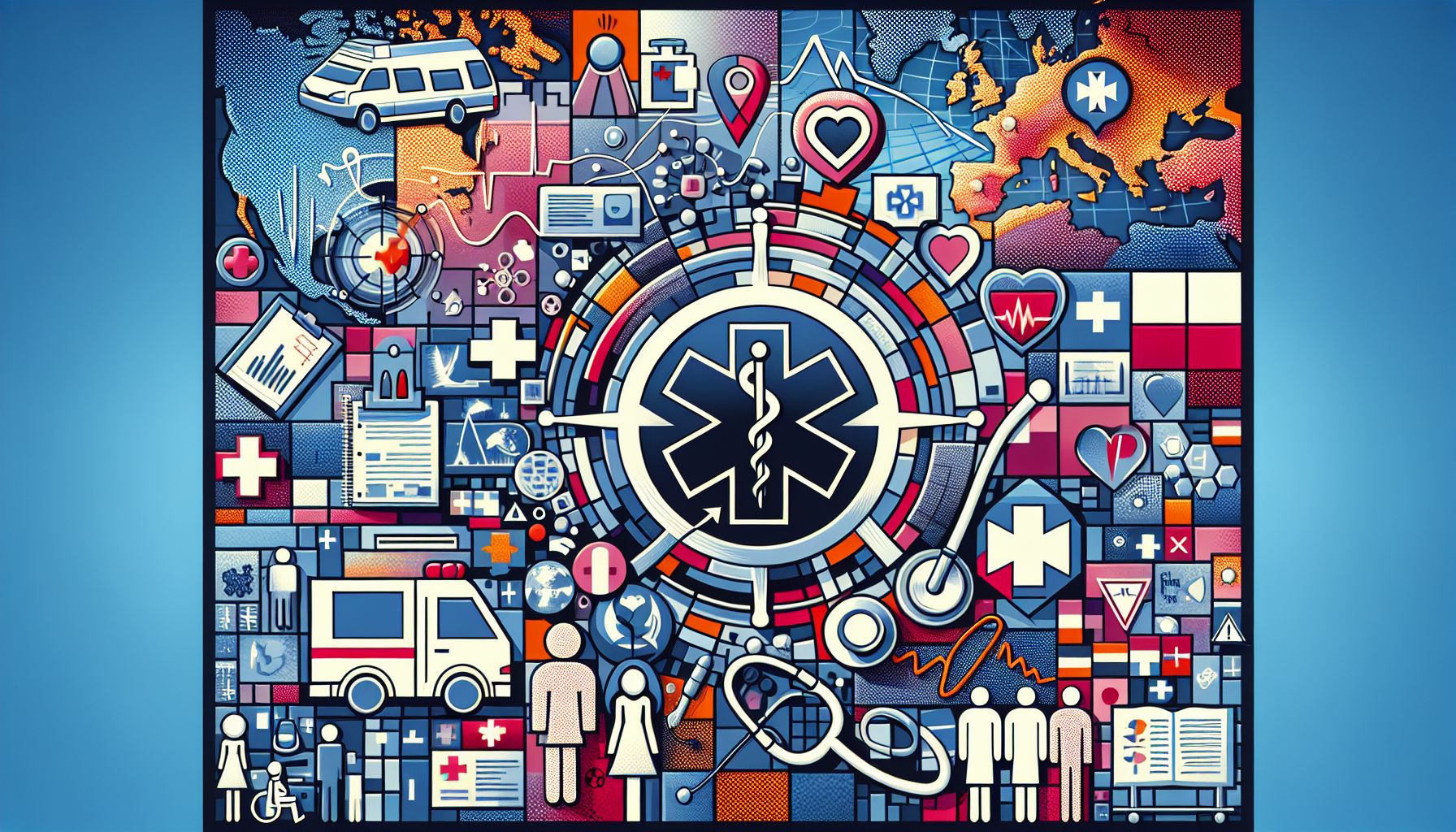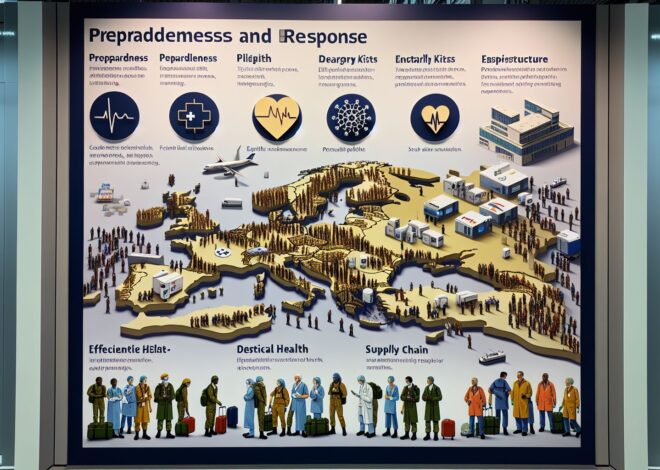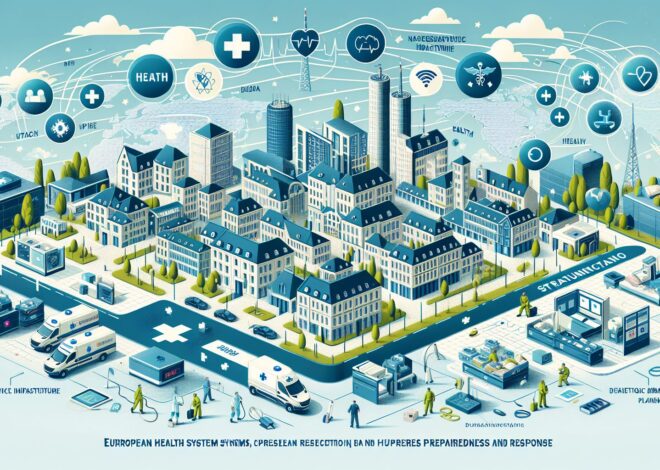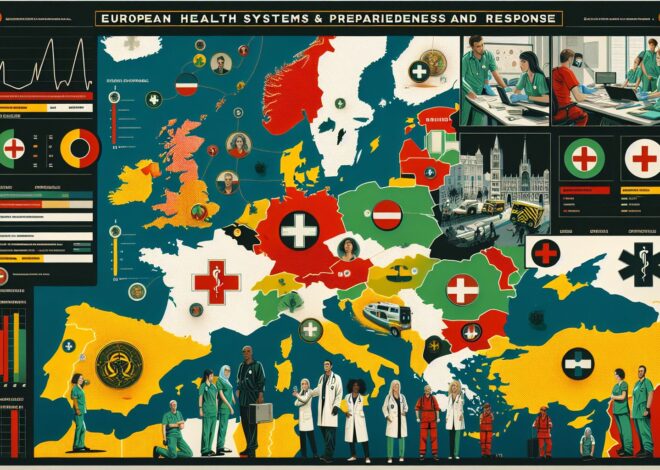
The Preparedness and Response of European Health Systems
The outbreak of the COVID-19 pandemic in 2020 has put immense pressure on healthcare systems around the world, including the European health systems. The ability of these systems to effectively respond to such a crisis has been put to the test, raising questions about their preparedness for future emergencies. In this article, we will explore the preparedness and response of European health systems, addressing health professionals, policymakers, and concerned citizens.
Preparedness
European health systems vary in terms of their preparedness for emergencies, including pandemics. Some countries, such as Germany and the Nordic countries, have well-established healthcare systems with strong primary care networks, which have helped them respond more effectively to the pandemic. These countries also have robust testing and contact tracing programs in place, which have been crucial in controlling the spread of the virus.
However, other countries in Europe have struggled to cope with the demands of the pandemic. For example, Italy and Spain were hit hard in the early stages of the outbreak, leading to overwhelmed healthcare systems and high death tolls. This highlighted the need for better preparedness and coordination at both the national and European level.
Health professionals play a key role in the preparedness of European health systems. They are on the front lines of the response to the pandemic, providing care to patients and helping to prevent the spread of the virus. It is essential that health professionals have access to the necessary resources, such as personal protective equipment and training, to effectively respond to emergencies.
Response
The response of European health systems to the COVID-19 pandemic has been a mixed bag. While some countries have been able to control the spread of the virus and maintain relatively low death rates, others have struggled to contain the outbreak. This has raised questions about the effectiveness of the response strategies employed by different countries.
One of the key challenges faced by European health systems in their response to the pandemic has been the lack of coordination and cooperation between countries. The European Union has taken steps to address this issue, such as establishing a joint procurement scheme for medical supplies and vaccines. However, more needs to be done to ensure that countries work together effectively in times of crisis.
Policymakers have a crucial role to play in shaping the response of European health systems to emergencies. They are responsible for developing and implementing policies that support the healthcare system and protect the population. It is vital that policymakers listen to the advice of health professionals and take action to address any weaknesses in the system.
Conclusion
The preparedness and response of European health systems to emergencies, such as the COVID-19 pandemic, are of paramount importance. While some countries have demonstrated strong preparedness and effective response strategies, others have struggled to cope with the demands of the crisis. It is essential that all stakeholders, including health professionals, policymakers, and concerned citizens, work together to strengthen the resilience of European health systems and ensure they are better prepared for future emergencies. By learning from the lessons of the pandemic and taking proactive measures, we can build a healthcare system that is better equipped to respond to whatever challenges may lie ahead.



